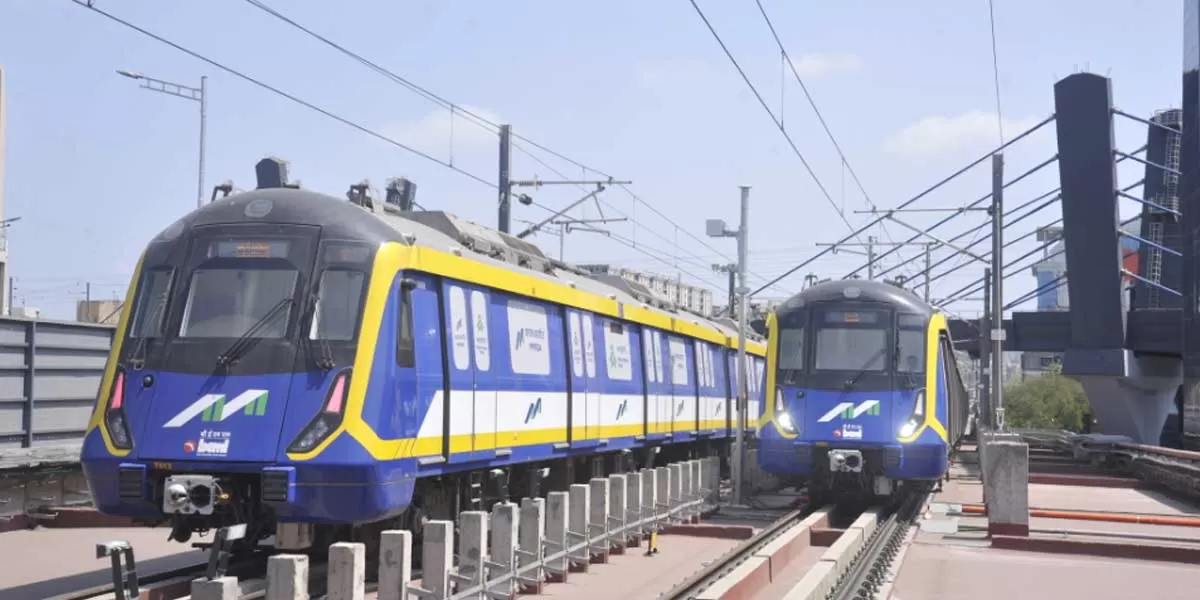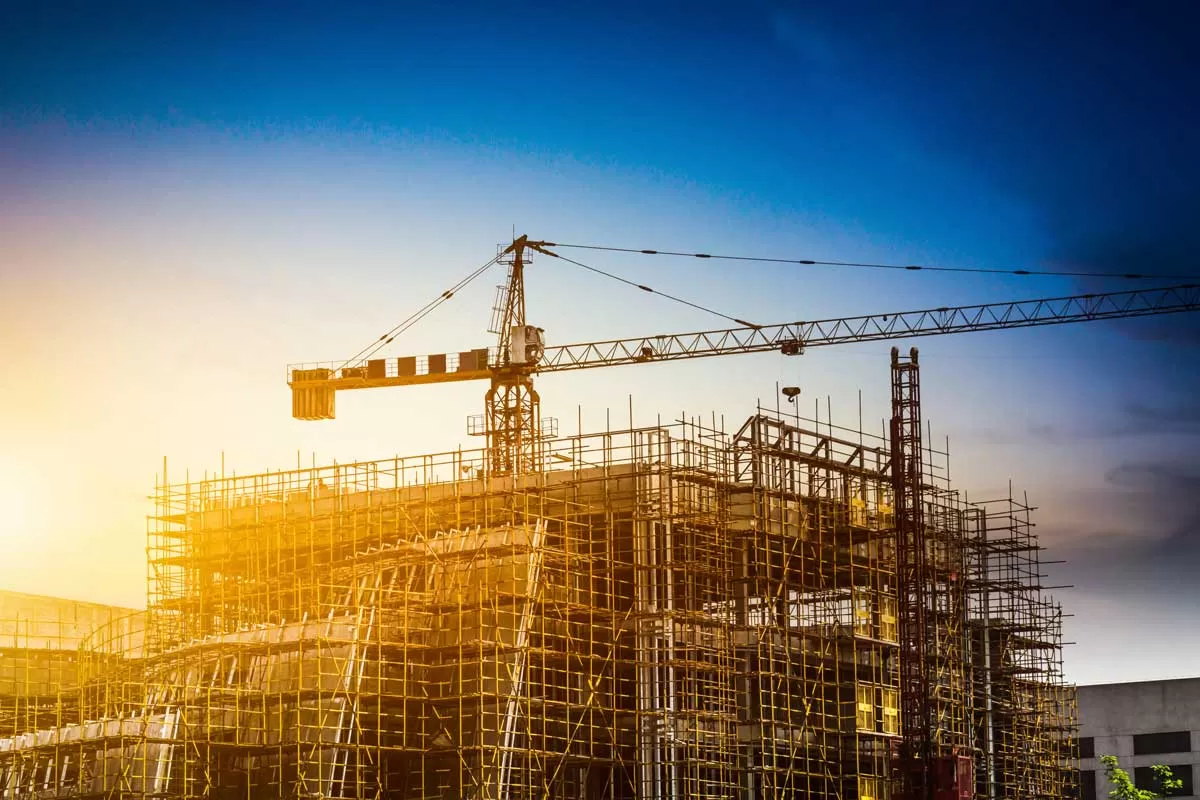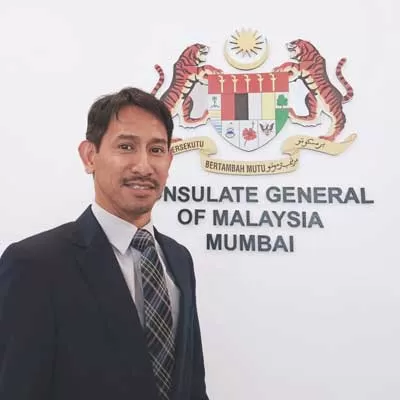
MMRCL to Monetise Land Along Metro Line 3 for Revenue Growth

The Variation Challenge!
A variation or change in scope clause is defined in construction contracts to take care of situations arising from change in the defined scope of work. Such changes may arise due to factors such as additions or deletions in the scope of work, modifications in the type, grade or specifications of materials, alterations in specifications or drawings, and acts or omissions of other contractors. Further, ineffective planning, inadequate investigations or surveys and requests from the employer or those within the project’s area of influence can contribute to changes in the scope of work. Ext..

Malaysia-India trade stands at $18.25 billion and is growing at 8.5%
With bilateral trade between Malaysia and India reaching $18.25 billion and growing at an annual rate of 8.5 per cent, economic collaboration between the two nations continues to strengthen. From infrastructure and green energy to technology and manufacturing, new opportunities are emerging for businesses on both sides. Ahmad Zuwairi Yusoff, Consul General of Malaysia, Mumbai, shared insights with CW on key areas of partnership, investment potential and the road ahead. Excerpts:Malaysia has a strong economic presence in India, with around 70 companies operating across key sectors lik..

We have doubled revenue annually with 200 per cent y-o-y growth
According to the Central Pollution Control Board (CPCB), India generates approximately 1.3 million tonne of used tyres annually. Amid this, REGRIP Tyres, a Gurugram-based startup, is pioneering solutions by using high-grade rubber to create refurbished tyres. Operating through a network of over 12 dealers across eight states with 16+ retreading facilities, REGRIP recycles approximately 100,000 tyres annually, preventing up to 20,000 metric tonne of CO₂ emissions, while reengineering over 8,500 tyres for reuse. Tushar Sulhaka, Founder, tells us more.What inspired you to start REGRIP..














